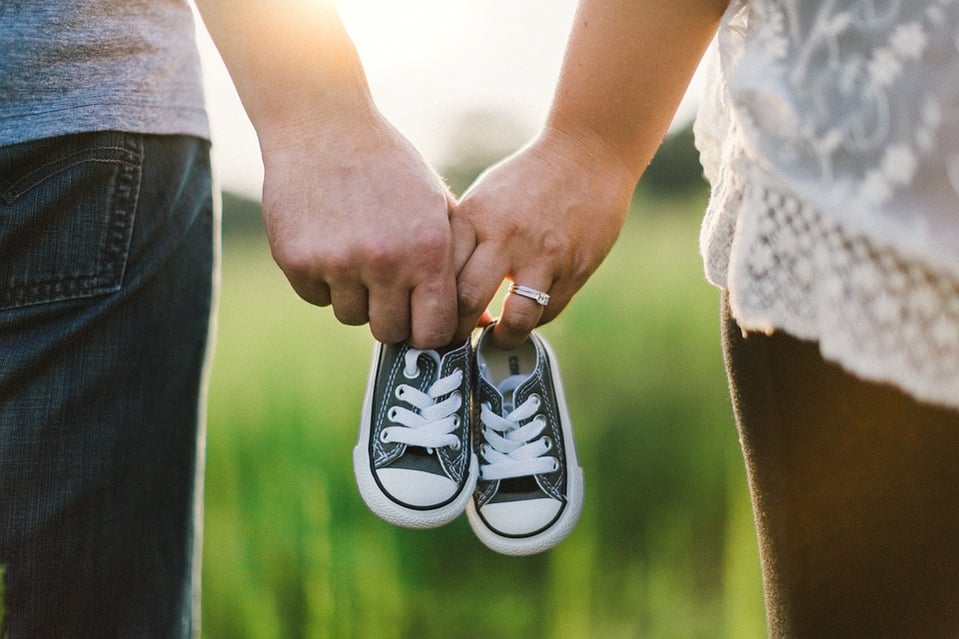What is the difference between open and closed adoptions ?
Defining Open and Closed Adoption: Essential Concepts
Open and closed adoptions are two distinct types of adoption with varying degrees of openness and confidentiality. An open adoption is where there is some level of interaction between the birth parents, the adoptive parents, and the adopted child. This interaction can range from the exchange of information to personal visits and ongoing personal contact. A closed adoption is one where there is no contact or exchange of information between the birth and adoptive families. All records are sealed, and typically, the identities of all parties remain confidential.
Understanding the difference between these two adoption practices is crucial for prospective adoptive parents, birth parents, and adoptees as it affects their relationship dynamics and the level of information available about the child's background and heritage.
Impact on the Adoptee: Emotional and Psychological Considerations
The choice between open and closed adoption has significant implications for the emotional and psychological well-being of the adoptee. Open adoptions often provide children with a sense of identity and understanding of their background, which can contribute to a stronger sense of self. Additionally, having access to their birth parents can answer questions that may arise about their origin and medical history. On the other hand, closed adoptions may leave adoptees with unresolved questions and feelings of loss. The lack of information can be a source of frustration and curiosity as they mature and seek to understand their personal history.
However, every adoptee's experience is unique, and outcomes can vary widely. Emotional and psychological impacts are influenced by numerous factors, including the adoptive family's support, the child's individual temperament, and the circumstances surrounding the adoption.
The Role of Birth Parents in Open and Closed Adoption
In open adoptions, birth parents often have the opportunity to play a role in their child's life to varying degrees. This can include choosing the adoptive family, meeting them, and establishing the type of contact they will have in the future. Ongoing communication can be beneficial for birth parents as it may help them cope with the loss of placing a child for adoption by seeing their child's progress and well-being.
In contrast, closed adoptions typically provide no avenue for birth parents to know about their child's life post-adoption. This can lead to feelings of uncertainty and unresolved grief. However, for some birth parents, a closed adoption may be a way to move forward with their lives without the emotional challenges that can come with ongoing contact.
Legal and Social Implications of Adoption Types
Open and closed adoptions come with differing legal and social implications. In an open adoption, agreements may be made legally binding, outlining the frequency and type of contact. However, these agreements can be subject to change and may require legal intervention if disputes arise. Closed adoptions generally offer a greater sense of finality and privacy, as records are typically sealed, making it more challenging for adoptees to seek out birth parents later in life should they choose to do so.
Socially, open adoptions can sometimes blur the lines of familial roles, which can be both a source of rich relationships and complex emotions. Closed adoptions provide clear boundaries, which some may find comforting, while others may feel it creates an insurmountable barrier between the adoptee and their biological roots.
Real-Life Stories: Experiences from Open and Closed Adoptions
Personal narratives from those who have experienced open and closed adoptions are invaluable in understanding the nuanced impacts of these arrangements. In open adoptions, stories often revolve around the evolving relationships between birth and adoptive families, the challenges of navigating these dynamics, and the joys of creating an extended family network. Alternatively, accounts of closed adoptions can include the search for identity and origin, the struggle with sealed records, and the emotional journey of reunion, should it occur later in life.
These real-life stories underscore the fact that there is no one-size-fits-all approach to adoption. Each journey is shaped by the unique individuals involved and their circumstances, and each has its own set of challenges and rewards.
Family Connections has been helping families since 1994. We are a New York State authorized child placing agency and we are Hague accredited. We help families with both international and domestic adoption, birth parents who wish to place a child for adoption and home study services. Family Connections has programs in Belize, Bulgaria, Honduras, Hungary, Jamaica, Pakistan and Ukraine. If you would like more information click on the link below to request a free, one on one consultation to learn all of your adoption options.




Let Us Know What You Thought about this Post.
Put your Comment Below.